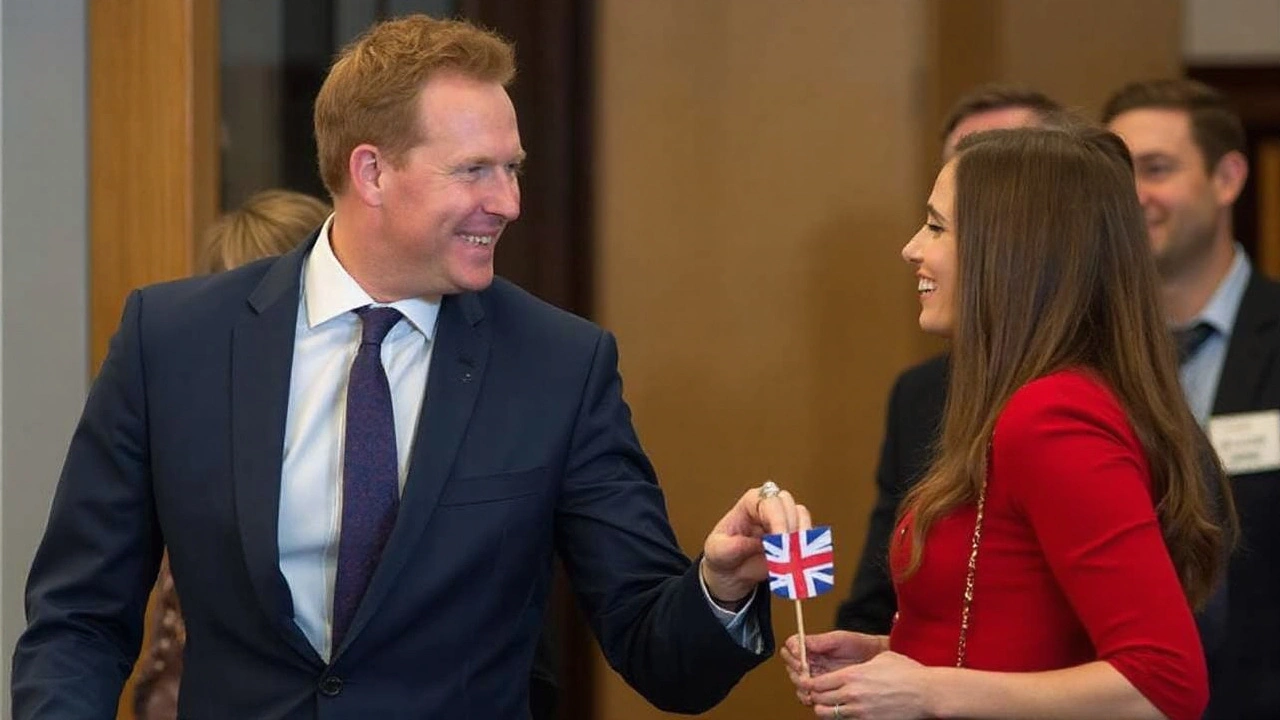How a tax decision toppled a deputy PM
The fall was fast. On September 5, 2025, Angela Rayner resigned as Deputy Prime Minister and Secretary of State for Housing, Communities and Local Government after admitting she underpaid £40,000 in stamp duty on an £800,000 flat in Hove. The mistake hinged on how she classified her homes and whether she should have paid the higher rate charged on additional properties.
The story surfaced in August when reports detailed Rayner’s property setup. She bought the Hove flat in May 2025 and treated it as her main home for stamp duty. At the same time, she kept paying Council Tax on her constituency address in Ashton-under-Lyne. That mix – a new purchase at the coast and a maintained base in Greater Manchester – sparked questions about which home was truly “primary” for tax purposes.
Her wider arrangements made the picture even more complicated. Before the Hove purchase, she sold her 25% share of the Ashton-under-Lyne home to a trust for her disabled son, which already owned 50%. She stayed on as a trustee alongside her former husband and a solicitor, while her former husband kept his 25% share. As Deputy PM, she also had use of a grace-and-favour flat at Admiralty House in central London. Each of those elements – trustee status, previous ownership, and multiple dwellings – can matter under stamp duty rules.
Tax specialists say the surcharge on additional properties can apply even when someone holds an interest through a trust, depending on how the trust is structured and who benefits. The core test is whether, at the time of purchase, you own or are deemed to own another dwelling. If you do, you often pay the higher rate. Rayner initially said she relied on legal advice and believed the standard rate applied. But as scrutiny grew, so did the pressure.
On September 3, she referred herself to the Prime Minister’s independent adviser on ministerial standards. That move signalled the end. Two days later, she quit cabinet posts she had won just months earlier, ending a partnership with Keir Starmer that had helped deliver Labour’s election win and steady the party’s broad coalition – from traditional working-class voters to younger renters angry about housing costs.
Why did this hit so hard? Timing. The government has been weighing property tax changes to shore up public finances. While that work was live, the Housing Secretary – the face of the housing brief – was found to have underpaid on a property purchase. Even if the underpayment is repaid with interest and any penalties HMRC deems appropriate, the optics are terrible. It’s the gap between the rules the government talks up and the behaviour voters expect from those making them.
The ministerial code doesn’t spell out automatic sackings for tax errors. It focuses on honesty, integrity, and leadership by example. In practice, it’s about judgment. The threshold is political as much as legal: can a minister still do the job without damaging the government’s credibility? Rayner decided she couldn’t.

What this means for Starmer, Labour, and the housing agenda
This is a political and personal blow for Keir Starmer. Rayner was his deputy, his shield in internal Labour rows, and his connection to voters who don’t tune in to Westminster every day. She could talk housing policy in the morning and union issues in the afternoon without sounding scripted. Losing that voice so early stretches Starmer’s coalition and his authority.
The episode also exposes a hole in the government’s vetting and compliance systems. A senior minister with a complex property history was allowed to proceed with a purchase that raised obvious stamp duty questions. That suggests either gaps in the Cabinet Office propriety checks or a failure to escalate concerns fast enough. Starmer promised high standards; the process has to match the promise. Expect a review of how the Propriety and Ethics team, HMRC liaison, and the ministerial interests regime dovetail when a minister’s personal finances intersect with their brief.
There’s also the narrow but critical question of who replaces Rayner at Housing. The brief is overloaded: planning reform, stalled building targets, leasehold overhaul, social housing safety, private renting rules, and a construction sector battling costs and labour shortages. Investors and councils want clarity on timelines. Campaigners want stronger tenant protections. Developers want faster planning decisions. A vacuum here slows everything.
Starmer faces four immediate jobs:
- Stabilise the top team: Name a Housing Secretary with credibility across the sector and inside the party. This can’t drag.
- Reset the housing message: Show how new leadership will move faster on planning, affordability, and supply – with dates and deliverables, not slogans.
- Tighten ethics controls: Upgrade pre-appointment checks for tax, trusts, and property. Spell out what ministers must declare and when they must seek advice.
- Fix the communications gap: Explain the stamp duty rules in plain English, the repayment process, and what’s changing to prevent a repeat.
Could Starmer have ridden this out by standing by Rayner? Maybe in a technical sense. Ministers have survived inquiries before. But the politics were unforgiving: a housing lead facing a personal tax underpayment on a property purchase while the government weighs higher property bills for others. That contradiction is what made the position untenable.
Opponents will call this hypocrisy, full stop. Voters are more nuanced. They recognise the tax system is complex. But they also expect ministers to get their own affairs right, and to correct errors fast. The government’s best argument now is transparency: acknowledge the mistake, show the fix, and demonstrate that the rules are being applied the same way to everyone.
Inside Labour, the loss of Rayner jolts the balance Starmer built between different wings of the party. She could reach union members, northern seats, and voters who don’t identify as Labour loyalists but are open to the party on wages, housing, and public services. Without her in cabinet, Starmer has to keep those ties warm another way – through policy delivery, not just messaging.
Expect the ethics adviser’s role to get sharper teeth. The public has seen too many cases where investigations drag on. A faster, clearer process – timelines, public summaries, remedial steps – would help. So would a formal trigger that requires ministers to seek advice before completing transactions that may fall into grey areas, like property purchases involving trusts.
On the tax front, HMRC will do what it always does: assess liability, collect what’s owed, and apply interest and any penalties in line with the rules. That runs separate from the ministerial standards process. The government should resist any temptation to blur the two. Voters need to see hard separation between independent tax enforcement and political management.
Housing policy now has to prove itself on substance. If the new Housing Secretary can unblock planning decisions, speed up infrastructure funding for new sites, and push stalled legislation over the line, the government can shift the conversation from scandal to delivery. Quick wins might include setting binding timelines for local plan approvals, a clearer framework for affordable homes quota negotiations, and a timetable for leasehold reform stages.
There’s a cultural lesson too. Senior politicians increasingly have complicated financial lives – blended families, trusts for dependants, multiple residences driven by work. That reality collides with rules built for simpler situations. The answer isn’t to loosen standards; it’s to make the guidance usable and to frontload expert advice at the point of decision, not after a headline.
Starmer has one advantage: this broke early in the parliament, not on the eve of an election. He has time to show he’s learned from it. But time only helps if it’s used. He needs a clean appointment at Housing, an unambiguous ethics plan, and visible progress on the homes and infrastructure people have been promised for years.
Rayner remains a significant figure on the backbenches. Whether she returns to the front line will depend on the ethics adviser’s findings, HMRC’s resolution, and how the public reads her attempt to fix the error. For now, her exit draws a bright line under a lesson every government relearns: competence and ethics aren’t separate tracks. They rise or fall together.





